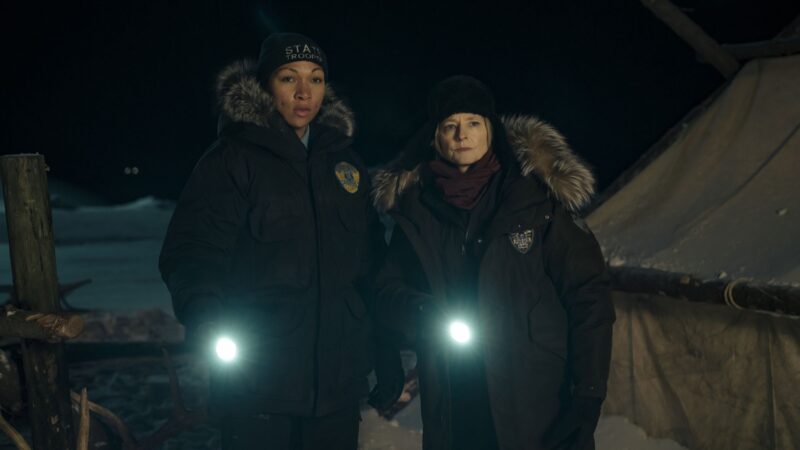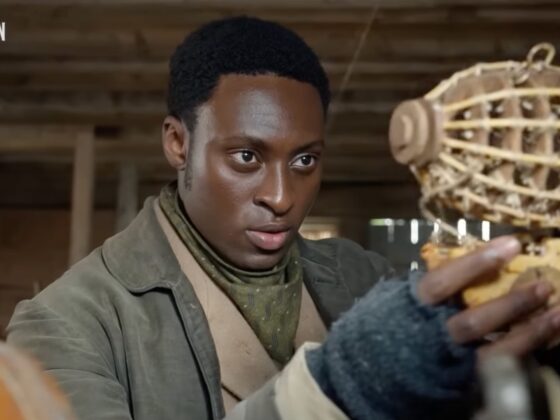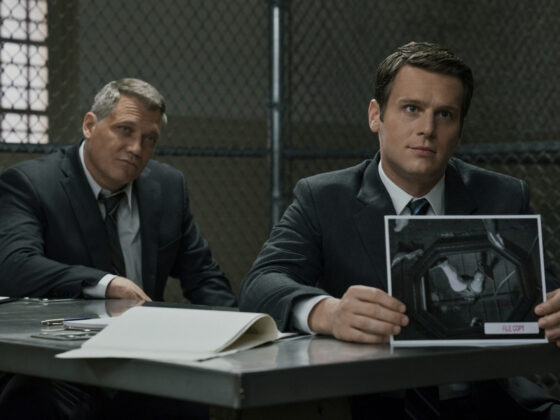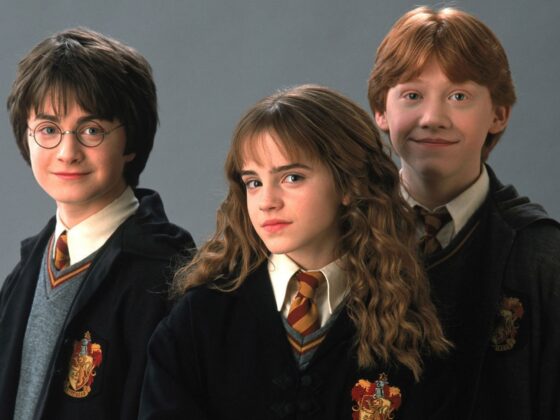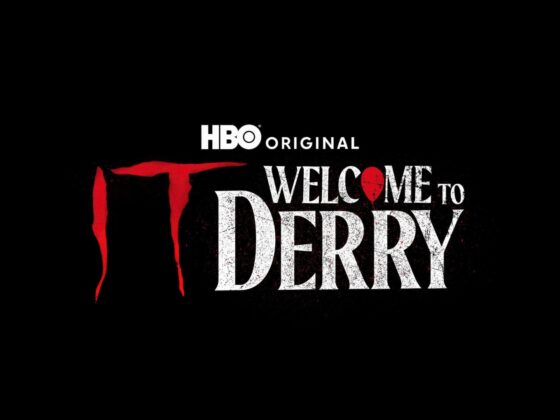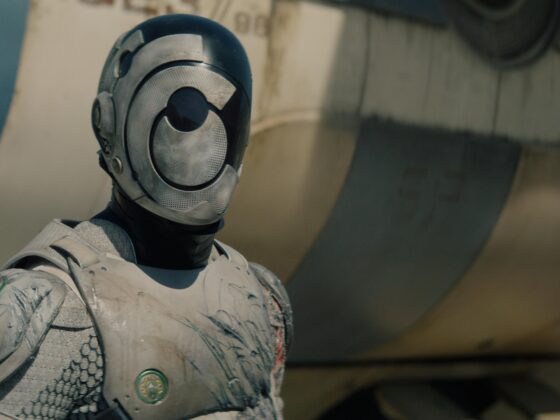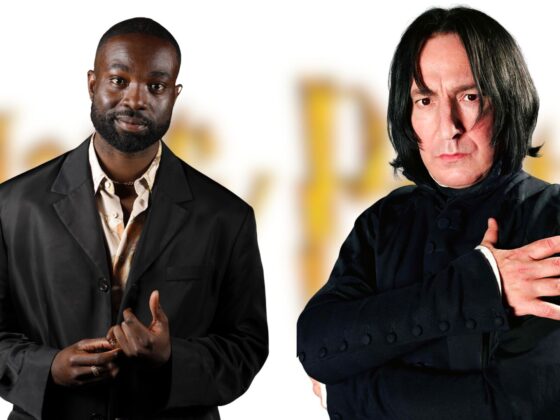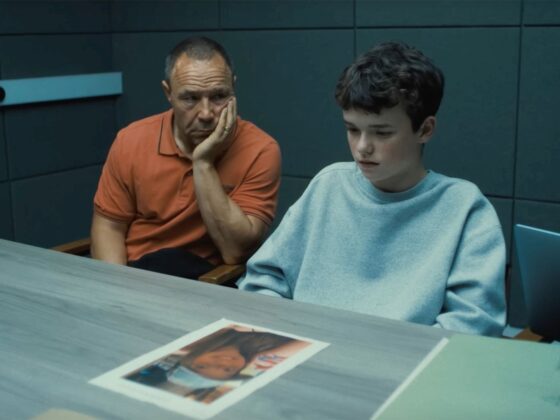Detective shows are generally appealing to mainstream audiences. However, that has not been the case for True Detective since it made its debut in 2014. HBO must have realized this and tried to change up the formula for True Detective Season 4. Did that gamble pay off? I don’t think so.
True Detective Season 4, titled Night Country, starts out ambitiously but ultimately concludes as a hollow return for HBO’s acclaimed anthology series. From the first minute, you can sense the numerous attempts to recapture the magic of the show’s groundbreaking first season, and this turns out to be its own undoing.
Jodie Foster and Kali Reis lead the series as detectives Liz Danvers and Evangeline Navarro, investigating a mysterious case involving missing researchers and possible supernatural elements. Set against the haunting backdrop of an Alaskan winter, this provides a genuinely atmospheric foundation for horror and tension, which you’d expect the showrunners to build something truly compelling on top of. That doesn’t turn out to be the case.
The real problem lies in the characterization. The first season gave us the layered, unpredictable dynamic between Rust Cohle and Marty Hart, both played by Matthew McConaughey and Woody Harrelson, respectively. Granted, they are among the best actors in the world right now, but that’s no excuse for the fourth season, given the talents of Jodie Foster.
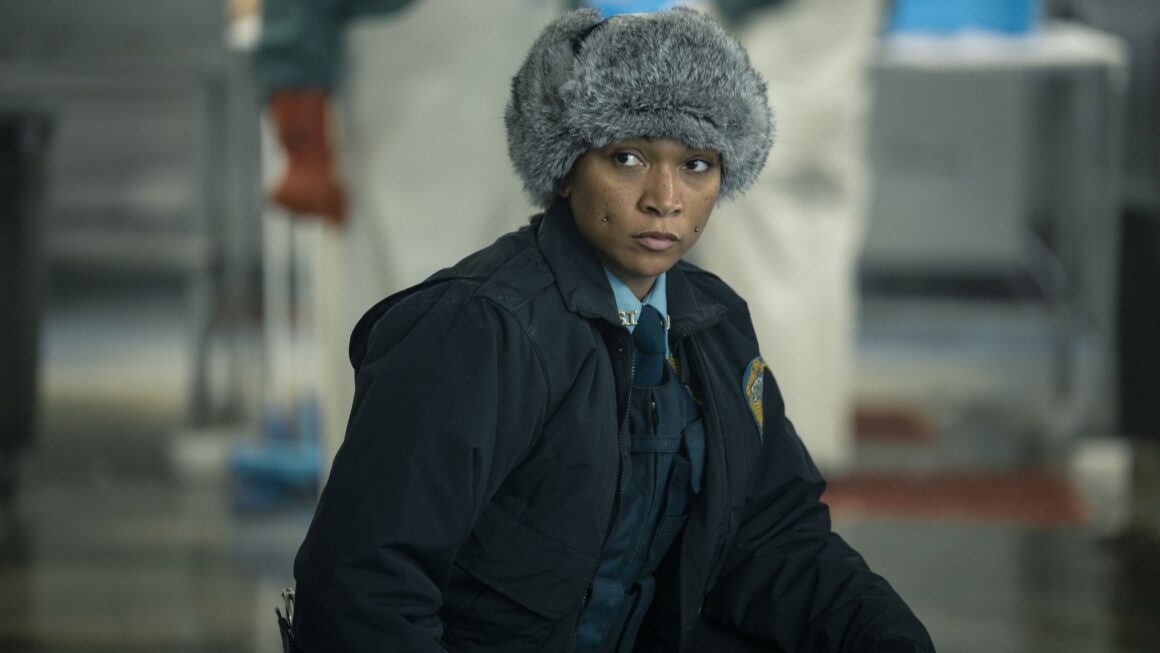
Night Country gives us a partnership that feels manufactured rather than organic. It’s easy to see that Foster’s Danvers is positioned as a spiritual successor to Matthew McConaughey’s philosophical detective, but she lacks the complexity that made Rust such a fascinating character. Instead of genuine depth, we get surface-level “toughness” expressed primarily through repetitive profanity and confrontational behavior.
Beyond the characters, the mystery itself becomes increasingly convoluted, involving everything from scientific research facilities to ancient spirits. While the show touches on numerous societal issues—including racism, corporate greed, environmental destruction, and colonialism—it never develops any of these themes past their most basic implications. In the end, it feels like a checklist of contemporary concerns rather than a meaningful exploration of them.
I got the sense that showrunner Issa Lopez is afraid of complexity. The original True Detective thrived on ambiguity and philosophical depth, trusting its audience to grapple with difficult questions about morality, faith, and human nature. This season, in contrast, presents straightforward conflicts with obvious moral positions, as if worried that anything more nuanced might lose viewers along the way.
Nic Pizzolatto, the creative mind behind True Detective, was not involved in the fourth season, and as much as I’d like to say this is why the latest season suffered, it wouldn’t be true. The success of the first season was a combination of multiple elements, including the casting, Pizzolatto, and, most importantly, the director, Cary Joji Fukunaga. It was lightning in a bottle, and recreating it was always going to be an impossible task, even for the best of directors.
Issa Lopez simply doesn’t have that “it factor” to elevate True Detective to its original heights. In an interview with Vanity Fair, the Mexican director mentions that she chose to create a “dark mirror” of Season 1, saying, “Where True Detective is male and it’s sweaty, Night Country is cold and it’s dark and it’s female.”
Don’t get me wrong; making the show primarily female is a bold creative choice, but when the characters feel like poor imitations with no depth and nuance, you end up with a shallow, uninspiring installment like this one.
That said, True Detective Season 4 does have its strengths. Kali Reis manages to find moments of genuine vulnerability in Navarro, particularly in the latter half of the season. The supernatural elements, when they appear, create some effectively chilling sequences that hint at what the season could have been with more focused writing.
The show’s critical acclaim (including a 93% rating on Rotten Tomatoes) suggests that many critics found value in its more accessible approach. Sadly, this accessibility comes at the cost of the intellectual and emotional complexity that once defined the series. Night Country feels less like a true successor to True Detective and more like a slightly competent but otherwise unremarkable crime drama wearing its skin.
Despite its flaws, the season has proven successful enough to secure another installment of the series. One can only hope that future seasons will find a better balance between accessibility and depth, remembering that what made True Detective special wasn’t just its dark tone or mysterious plots, but its willingness to challenge viewers with questions that don’t have easy answers.
Verdict
Verdict-
Storytelling5/10 AverageEvaluation of the plot, character development, and narrative structure.
-
Cinematography9/10 MasterpieceAssessment of camera work, lighting, and visual aesthetics.
-
Acting6/10 GoodEvaluation of the performances and character portrayals.
-
Soundtrack6/10 GoodEvaluation of the show's music, sound design, and use of audio elements.
-
Emotional Impact6/10 GoodThe show's ability to evoke genuine emotions and leave a lasting impression.
-
Technical Execution8/10 ExcellentEvaluation of the show's technical aspects, such as editing, special effects, and production values.
-
Originality4/10 MediocreThe show's level of innovation, uniqueness, and freshness.
